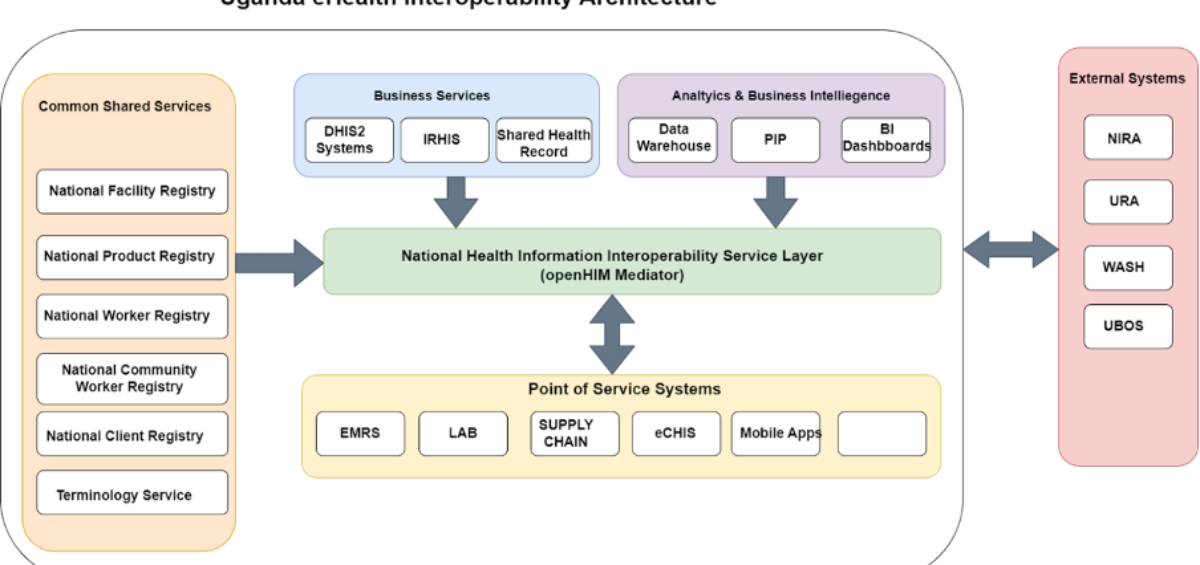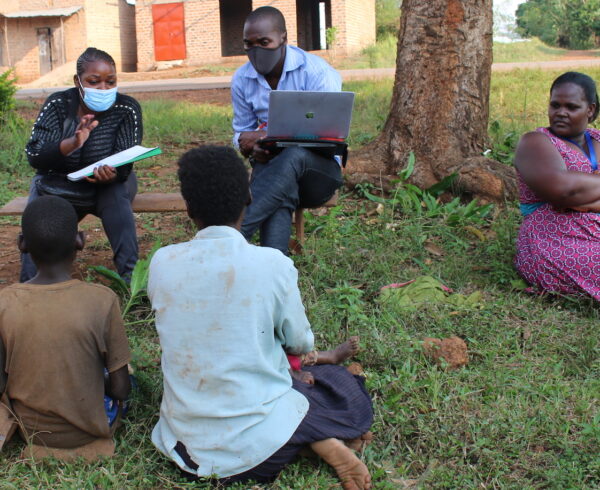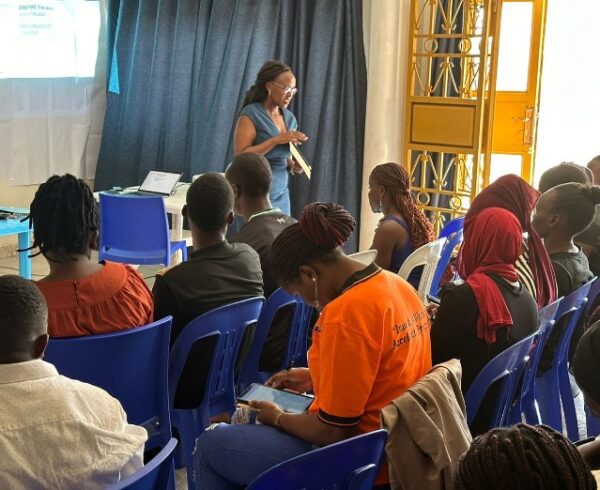The Ministry of Health (MOH) has embarked on a drive to transform health service delivery through use of digital systems. Working with partners, the MoH is spearheading the design, development, and implementation of interlinked health information systems (HIS) that include Electronic Medical Record Systems (EMRs), electronic Community Health Information System (eCHIS), laboratory and supply chain systems. The ultimate goal is to leverage Information and communication Technology (ICT) to improve medical supplies accountability, availability of health data, healthcare quality, and to establish a transferable medical record for enhanced continuity of care.
To support the goal, many agencies have increased investments in ICT to support health systems. Unfortunately, some of these do not ‘speak with each other’ or exchange information which is important for continuity of patient care. To address the challenge, the MOH has (i) adopted health data standards in a consistent and comprehensive manner as a key to enabling meaningful healthcare interoperability; and (ii) established a national digital health coordination committee to oversee the integration and interoperability of HIS, procurement and distribution of HIS infrastructure, and development of health information exchange (HIE) policies and standards.
One notable success to date is the exchange of information between the Viral Load database and the EMRs systems (UgandaEMR and ClinicMaster), already happening at over 50 health facilities that provide antiretroviral therapy. This has greatly reduced the results turnaround time for viral load testing, allowing providers to make faster decisions on patient care.
Moving forward, METS will continue to support systems integration including EMRs and laboratory (ALIS) and roll them out once completed.




